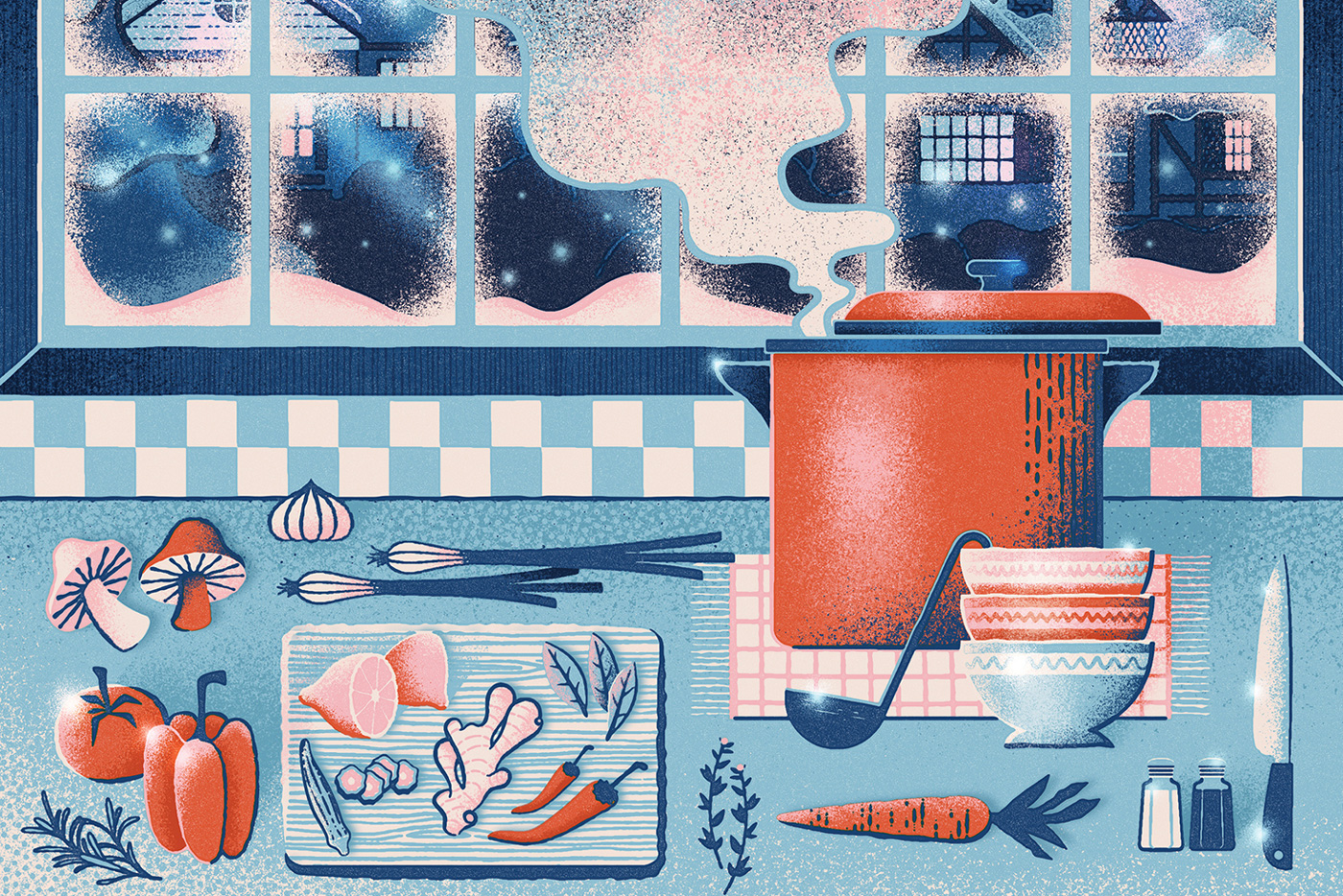I was eight when we arrived in Edmonton in ’92. I remember the ground covered in snow; it was dark and extremely cold. With bewilderment, accompanied by the clutching of the back of his head, I vividly recall my father’s “How can anything grow here?” look.
Adjusting was far from easy. There is nothing fun about exclusion. I got into many fights because I was the only Somali in my school, and was teased for not speaking a third language by kids who only spoke one. My parents disliked that I wasted energy trying to prove my worth through strength alone. They wanted me to hit the books instead, and strengthen my ability to speak. They would say that success was the best form of revenge. They told me to read more, write more and that the only person I needed to prove anything to was myself.
A year later, we moved to Ontario, which was no better than Alberta at that time. I had to endure fresh faces with that same stale attitude about my skin colour and accent all over again. Even though it still bothered me, I focused on what I had control over. I took every opportunity to strengthen my speaking skills. I joined the drama and reading clubs, and raised my hand to answer questions without worrying about making mistakes. It took many years but, by the time I was 19, I had done sketch comedy at Second City, performed stand up at Yuk Yuk’s, written a play about bullying and performed it for over 3,000 students.
I returned to Edmonton in 2008, worried that the work I had done in Toronto wouldn’t translate, that I would have to fight to reach the top, because in Toronto, everyone is fighting for a slice of the pie. I assume most major cities are like this, but my experience in Edmonton is different. It may very well become this big city with towers and cranes that fill our skyline, but I doubt that the small-town community feeling will ever leave. Despite my parents’ concerns, in 2013 I dropped out of university and decided to become a full-time artist. In 2017, I became Edmonton’s poet laureate.
